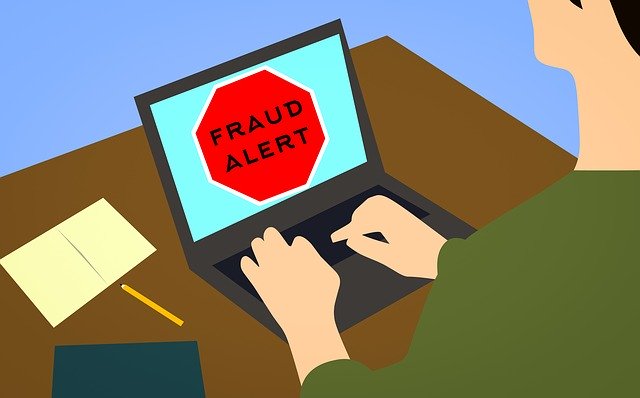Now that almost everyone has a website or app where they offer products or services, fraud online is more common. Whether you just opened your online business or you need some help to upgrade it, you should know how to protect yourself. It doesn’t matter what type of business you have or what industry you’re in. You need to do what you can to protect you and your customers from a false chargeback or another issue.
1. Use an SSL Certificate
An SSL stands for Secure Sockets Layer, and it protects your website by encrypting all of the data that comes through. Not only will this protect you, but it will give your customers more peace of mind when carrying out online transactions. Without an SSL certificate, account details and login information will be vulnerable to hackers. If any of this information is applicable to other websites, hackers can use that information to claim your identity.
2. Determine Payment Options Wisely
Even if you have an SSL certificate, limiting the payment types that you accept can help with merchant fraud protection. By limiting the payments you accept, you can focus on learning the signs of fraud online with each. For example, you could funnel all payments through a service like PayPal so that you can learn what PayPal does to protect you. You can also take credit cards directly, and you can start by taking one or two types.
3. Verify Information
If you offer a service online, you should verify someone’s information before you ever work with them. When someone inquires about your services, ask them a few questions to make sure they’re serious and legitimate. Then, invoice them before the service, and use a secure invoice program like QuickBooks or PayPal. Add as many security steps as you need to feel comfortable. That way, you can offer the service without worrying about being the victim of fraud online.
4. Adjust Your Policies
If you find that you’re a victim of fraud online or are at risk of it, you should adjust your policies accordingly. This could mean adding another verification step before providing a service. If you sell a product, you may start to verify the address of each new recipient to make sure that it’s a real order. Whatever you need to do to protect yourself and feel comfortable, do it.
Doing business online can be scary, and you need to do what you can to protect yourself and your company. Whether you offer a product or service, consider these options for fighting digital fraud.
Also read: Identity Verification Checks – A crucial element to mitigate Digital Frauds




